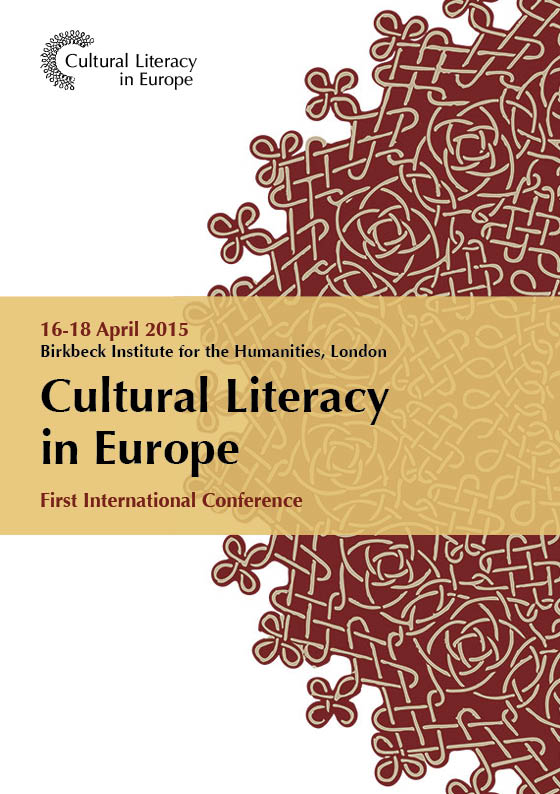By Robert Crawshaw, April 2020
Tuesday 17th March 2020 found us desperately trying to leave France. We had been about to embark on a seven-day, guideless, ski-mountaineering tour in the area of Mont Thabor in the South Vanoise, near the Italian border. Instead, after a fifteen-hour journey, we had found on arrival in Valfréjus that all the Alpine huts were closed. The small, purpose-built resort would be evacuated the following day. Our families were texting us to get out quick while the going was good or we might be there for the duration. But how? Ingenuity was called for. Friends in Lyon were telephoned. Paris should be avoided at all costs. Macron had spoken the previous evening. Flights had been cancelled and France was in shut down. Patience and alacrity were called for. Just as well we had the language.
The train was packed – ‘bondé’. Passengers were seated or standing, cheek by jowl. Social distance it was not. Most were masked, wiping ethanol on their hands, peeling gloves on and off. Surreal. A scene from a wartime documentary. A race by ghosts in human clothing to beat border closures before the tanks rolled in. Lyon Part-Dieu station was like an evacuation centre. Movement all but impossible. Only a phone call to Brittany Ferries in Portsmouth secured us a place the following evening on the last boat to leave Saint-Malo. Literally the last. But we still had to get there. On-line reservations cut. Dawn found us in front of the automatic ticket dispenser at Lyon-Perrache. Office closed. Travel authorisation forms compulsory. Security guards everywhere. Imagine our astonishment when, alongside a ticket, a poem by Guillaume Apollinaire popped out of a neighbouring machine.
Five years earlier, I had encountered poetry on the Paris Metro. ‘Vive la France!’ Why couldn’t the Brits do likewise? It was only when I began researching the topic for a paper on cultural literacy, subsequently published in Liminalities, that I discovered that the London Underground had got there first and that the idea had been imitated all over the world. Poems in routine public spaces were clearly a marker of a modern society’s attempts to inject humanity into everyday life. Was it now in its death throes?
The poem by Apollinaire was long. Although grouped in a category called ‘Littérature classique’, it was not one of his best known. It described fairground performers – saltimbanques, even then only rarely to be seen on the streets of Paris, having for most part retreated to the provinces. Alternatively, members of the public could contribute poems of their own. The whole programme had been systemised and technically incorporated into popular experience. Trans-generic cultural embedding à la Fahrenheit 451, in a dysfunctional, mobile world devoid of people and infrastructure, policed by guards and stalked by plague.
Apollinaire died young of Spanish flu in 1918 as modernism hit the buffers. How might cultural literacy be possible now in a space-time compression where traditional educational practices had been virtualised and the very nature of physical human contact called into question. The tectonic plates of western culture were shifting irreversibly under our feet. Yet it was only days after our landfall in the United Kingdom that the implications of separation and their ominous consequences made themselves truly felt:
Un fantôme de nuées
Chaque spectateur cherchait en soi l’enfant miraculeux
Siècle ô siècle des nuages



